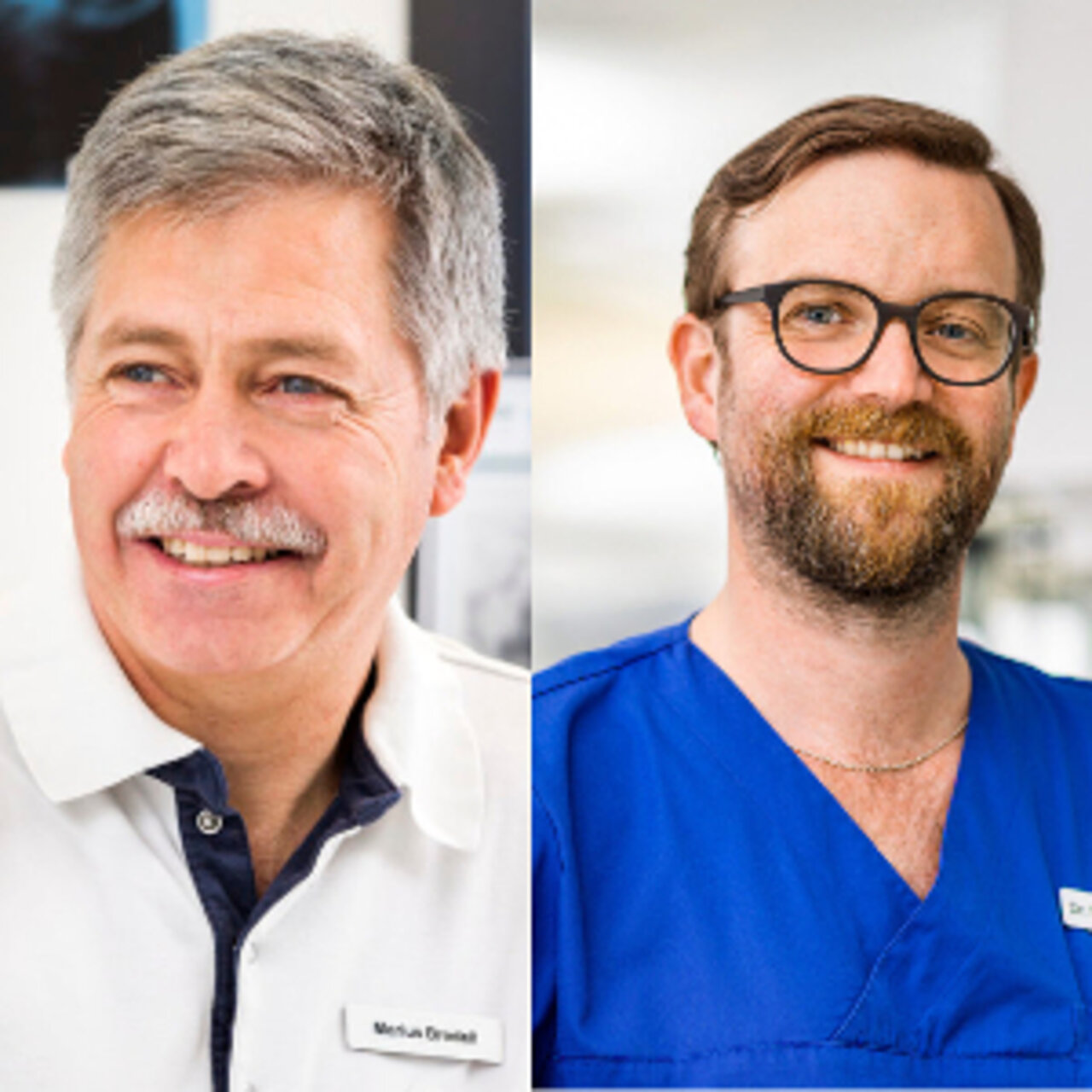Specialists in Oral cancer
3 Specialists found
Information About the Field of Oral cancer
What is oral cavity carcinoma?
Oral cavity carcinoma refers to a malignant tumor of the oral mucosa. The term "malignant" means that healthy tissue is displaced and infiltrated by the newly formed cancerous tissue.
As observed in other types of cancer, metastases can develop over the course of the disease. These metastases are cancer cells from the oral mucosa that travel via the blood or lymph (tissue fluid) to distant sites in the body, exhibiting the same displacing growth and damage. Compared to other cancers, oral cavity cancer is more rare.
Oral cavity cancer causes
Risk factors associated with oral cavity cancer include, most of all, tobacco smoking and (heavy) alcohol abuse.
Other risk factors include HPV infections (Human papilloma virus, which is also the most common cause of cervical cancer) and poor oral hygiene.
Nevertheless, each of these factors only poses a risk and is not necessarily the cause the tumor. This is why in medicine a specific vulnerability, meaning a genetic predisposition, is assumed.
How can you tell that you have oral cavity cancer?
The only way to safely diagnose oral cavity cancer is to collect a sample and have it examined microscopically. Some signs, however, should raise your suspicion and lead you to visit a doctor.
Changes in the oral cavity may be quite non-specific and require closer examination only after a certain period of time (about two weeks). Among these are reddening, whitish patches, new onset of bad breath, a feeling of a foreign body, swelling, light bleeding or difficulty swallowing.
Oral cavity cancer treatment
The treatment always depends on the spread and extent of the carcinoma. On the one hand, this is determined by obtaining a tissue sample (biopsy) and then confirmed by an imaging procedure (such as ultrasound, computed tomography (CT) or magnetic resonance imaging (MRI)).
Once the spread of the cancer has been determined, the treatment can be started. Surgical removal of the affected site is the most important component of treatment. If the cancer spreads more, radiotherapy or chemotherapy may also be required. In addition, patients should be sure to refrain from harmful substances (nicotine, alcohol).
Prognosis and chances of cure
Prognosis largely depends on the extent of the tumor. In broad terms, as with other cancers, carcinomas without metastases have significantly greater chances of cure than those which metastasize.
Statistically, in case of non-metastasized carcinomas more than 90% of patients will be alive after five years while in case of metastasized carcinomas this percentage drops to only about 20%. Hence, early detection and effective treatment are crucial.
Which doctors specialize in the treatment of oral cavity cancer?
Should you notice any suspicious changes in your oral mucosa, you may at first consult your general practitioner. They may refer you to an otorhinolaryngologist (ear-nose-throat doctor). In addition, regular checkups with a dentist can be helpful to detect changes early on. For the diagnosis and therapy, ENT specialists as well as oral and maxillofacial surgeons are your primary care providers, who can identify the cancer and induce therapy.
Let us help you find an expert for your condition. All listed doctors and clinics have been reviewed by us for their outstanding specialization in the field of oral cavity cancer and are looking forward to your inquiry or wish for treatment.


